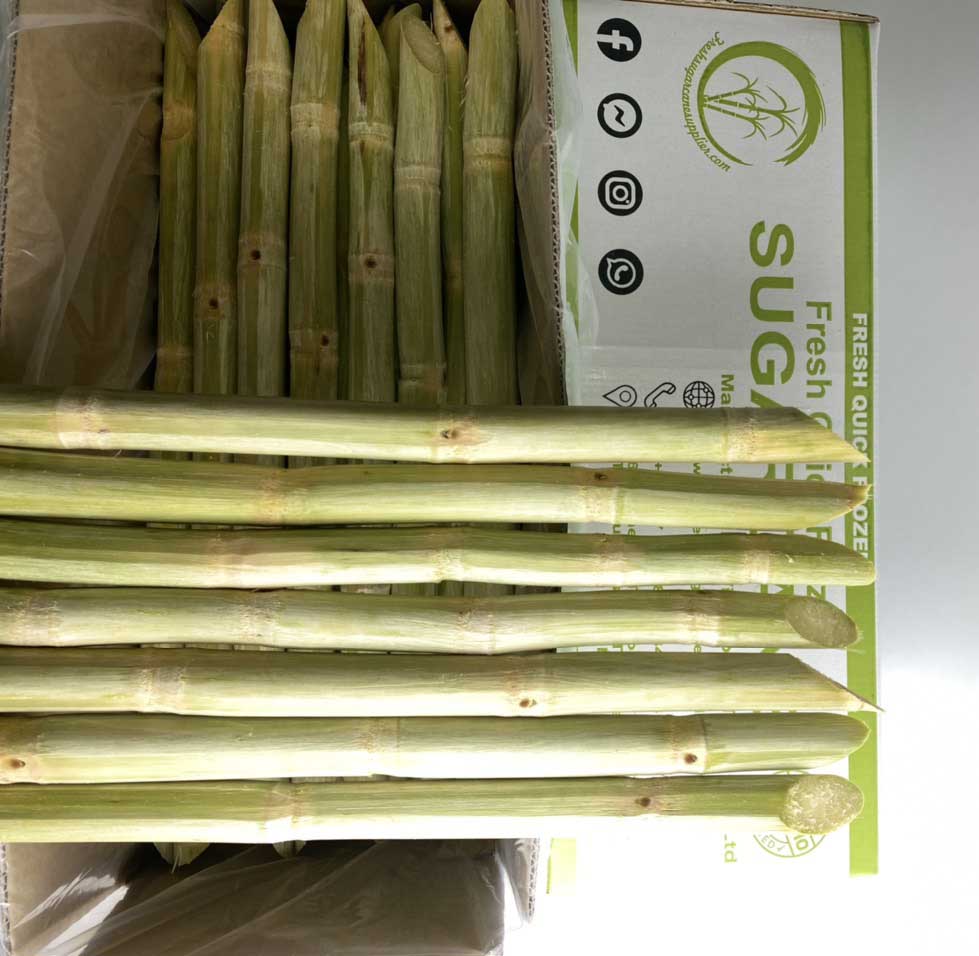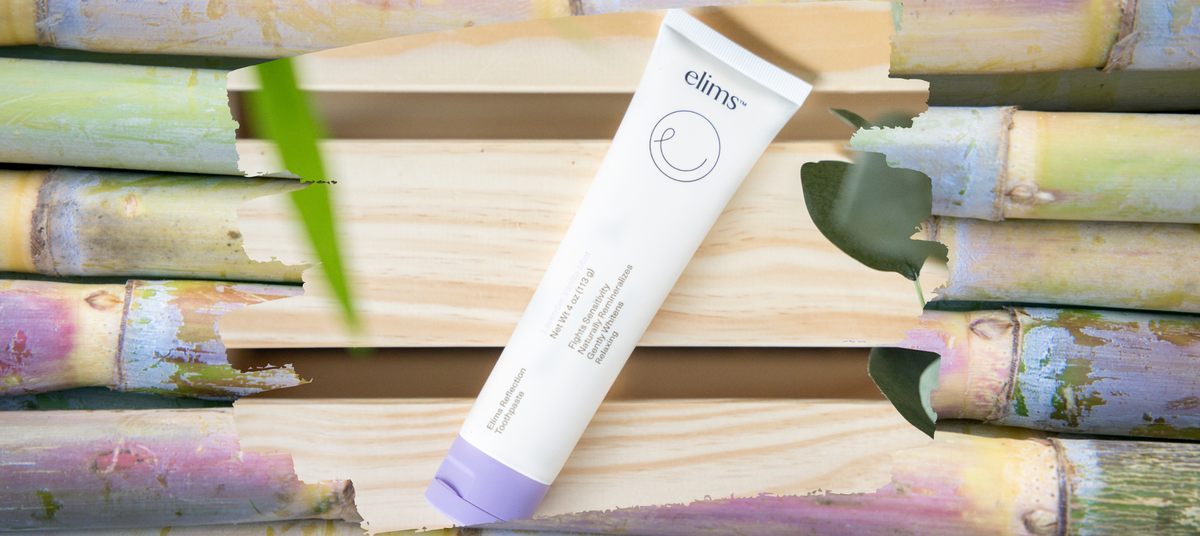Lasting Sugarcane Products: From Sweeteners to Eco-Friendly Product
The capacity of sustainable sugarcane items extends beyond traditional sugar to encompass an array of environment-friendly goods, presenting an engaging case for their combination right into modern-day consumer techniques. As the world grapples with pushing environmental problems, sugarcane emerges as a functional resource qualified of attending to both nutritional demands and sustainability goals.
Review of Sugarcane Sustainability
As the demand for eco friendly products expands, comprehending sugarcane sustainability becomes progressively vital. Sugarcane, a flexible plant, is cultivated mostly in subtropical and tropical areas, and its sustainability is crucial for both environmental health and wellness and financial practicality. Lasting sugarcane farming techniques concentrate on decreasing eco-friendly effect while making best use of productivity and earnings.
Trick facets of sugarcane sustainability include effective land usage, lowered chemical input, and improved water management. Practices such as crop rotation, incorporated pest management, and organic fertilization add to soil health and wellness and biodiversity. Furthermore, cutting-edge modern technologies, such as accuracy agriculture, assistance enhance source usage and minimize waste.
In addition, sugarcane is an eco-friendly resource, with by-products that can be utilized in various industries, from biofuels to naturally degradable plastics, therefore decreasing reliance on nonrenewable fuel sources and lessening carbon footprints. Accreditations like the Bonsucro basic motivate sustainable practices across the supply chain, promoting transparency and liability.

Sugarcane-Based Sugar
Using sugarcane as a primary resource, sugarcane-based sugar have actually gained prestige as all-natural alternatives to artificial sugar and refined sugars (sugarcane product). These sugar, originated from the extraction and handling of sugarcane juice, supply a variety of products that provide to diverse consumer choices, consisting of natural and minimally processed alternatives
Raw walking stick sugar preserves more of the all-natural flavors and nutrients found in sugarcane, making it a preferred selection for health-conscious consumers. Panela, a typical Latin American sweetener, is created by evaporating sugarcane juice, protecting its all-natural minerals and vitamins.
The growing demand for sugarcane-based sugar is driven by increasing understanding of health and sustainability problems connected with conventional sweeteners. By selecting sugarcane-derived products, customers not only sustain lasting agricultural practices however likewise add to a healthier way of life, aligning their dietary choices with their environmental worths.
Eco-friendly Packaging Solutions
Emerging as a feasible choice to traditional plastics, naturally degradable product packaging remedies derived from sugarcane are transforming the packaging industry. These ingenious products give an eco-friendly option that resolves the growing issues over plastic contamination. Using the natural sugars discovered in sugarcane, makers are creating various forms of biodegradable packaging, including films, containers, and wraps that disintegrate a lot more quickly than standard plastics.
The main benefits of sugarcane-based packaging hinge on its eco-friendly sourcing and its capacity to damage down right into non-toxic byproducts. Unlike fossil fuel-derived plastics, which can continue the setting for hundreds of years, sugarcane packaging generally decomposes within a couple of months under correct conditions. This reduction in waste not only minimizes land fill overflow however likewise decreases the carbon footprint connected with packaging materials.
Moreover, sugarcane-derived product packaging preserves durable efficiency attributes, providing comparable durability and capability to traditional choices. As companies and consumers significantly focus on sustainability, the adoption of biodegradable packaging services represents a substantial action towards a round economy, where products are recycled and regrowed as opposed to disposed of. This change not just boosts brand name picture but also contributes to a much more sustainable future for the world.
Eco-Friendly Textiles and Fabrics
Environment-friendly textiles and materials are gaining great post to read grip in the fashion and home products sectors as consumers significantly demand lasting alternatives to standard products. Among the significant options are materials stemmed from sugarcane, which use an environmentally accountable choice to artificial fibers. These textiles are generated through a process that uses the renewable energies discovered in sugarcane, dramatically minimizing reliance on petroleum-based products.

As the market for sustainable textiles increases, customers can look ahead to innovative designs that combine Click Here design with environmental responsibility. Ultimately, environmentally friendly fabrics and materials stand for a considerable step toward lowering the style market's environmental impact while catering to the growing need for accountable consumer options.
Advancements in Sustainable Farming
Revolutionizing agricultural methods, technologies in sustainable farming are transforming the means plants are grown and taken care of. These improvements concentrate on minimizing environmental influence while maximizing performance and efficiency. Strategies such as precision farming make use of information analytics and satellite imagery to enhance resource use, making certain that water, plant foods, and pesticides are applied just where needed. This targeted technique not anonymous only minimizes waste but likewise boosts crop returns.

Moreover, agroecology, which integrates environmental concepts into farming, promotes biodiversity and soil wellness. Practices such as plant turning, cover cropping, and intercropping foster resilient environments that can endure bugs and environment variants - sugarcane product. In addition, the use of organic fertilizers and biopesticides adds to healthier soils and communities

With each other, these advancements are not only reshaping the agricultural landscape yet additionally adding to a much more sustainable future for sugarcane and various other plants, straightening farming methods with environmental stewardship.
Conclusion
Lasting sugarcane products stand for a significant improvement in environmentally friendly choices, spanning from all-natural sweeteners to naturally degradable items. As consumer choices increasingly lean towards lasting alternatives, the adaptability of sugarcane as an eco-friendly resource ends up being significantly relevant.
The capacity of lasting sugarcane items prolongs past traditional sweeteners to include an array of environmentally friendly products, offering an engaging case for their combination right into modern-day customer practices. Sustainable sugarcane farming methods focus on reducing ecological effect while making best use of productivity and profitability.
Lasting sugarcane products represent a substantial advancement in environmentally friendly options, extending from natural sweeteners to naturally degradable products. The growing of sugarcane with lasting methods not just improves ecological health and wellness however additionally adds to financial feasibility. As customer choices increasingly lean towards sustainable choices, the flexibility of sugarcane as a sustainable resource becomes increasingly appropriate.